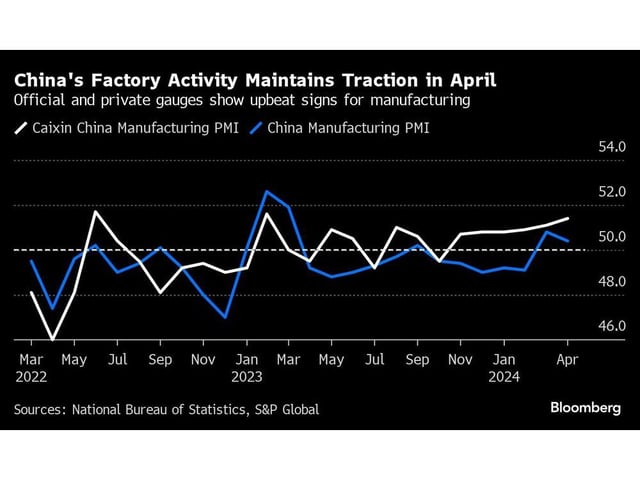Overview
- The People's Bank of China will provide 300 billion yuan in loans to enable state-owned enterprises to buy unsold homes.
- Local governments are encouraged to convert these unsold properties into affordable housing.
- Mortgage interest rate floors have been removed, and down payment ratios have been reduced for first- and second-time homebuyers.
- Developers will receive support to complete construction on pre-sold, unfinished properties.
- The measures aim to address a prolonged downturn in the real estate market, which has seen significant declines in property investment and home prices.



